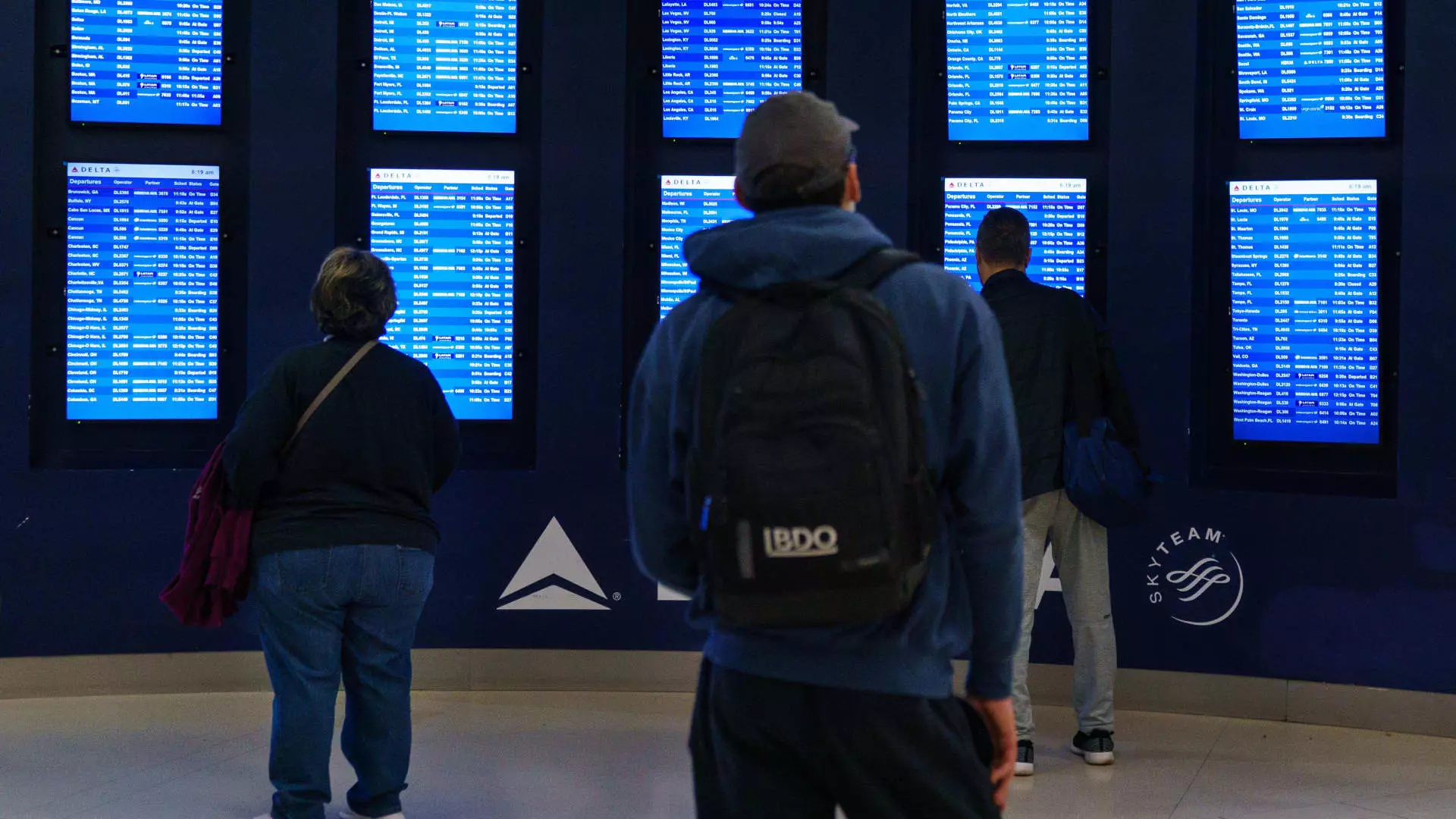As 2024 progresses, the aviation industry is witnessing a remarkable resurgence in travel demand, particularly in the realm of international flights. The International Air Transport Association (IATA) highlighted a significant uptick in travel metrics, reporting a nearly 11% increase in worldwide revenue-passenger miles from January to October compared to the previous year. This resurgence signals a broader recovery as travelers worldwide resume their pre-pandemic travel habits. Predictions suggest that by 2025, the number of aircraft departures could reach 40 million, representing a 4.6% rise over 2024.
In response to this heightened demand, airlines are swiftly adapting their operations, with many expanding their flight schedules and upgrading their premium seating arrangements. The focus on premium seating is particularly pronounced on long-haul flights, where airlines can significantly boost their profitability. This swift response underscores the competitive landscape that airlines now face; with pent-up demand finally materializing, carriers are vying for consumer loyalty and market share through improved services and offerings.
Despite the positive trends, not all airlines have emerged unscathed from the turbulence experienced during the pandemic. Many carriers continue to grapple with operational challenges, such as aircraft shortages and ongoing financial issues, which threaten to dampen their recovery efforts. However, unlike the past acute staffing shortages that plagued the industry post-pandemic, many travelers are encountering fewer disruptions in their journeys this year. This improvement in reliability is crucial for rebuilding customer trust in air travel.
Punctuality: A Key Metric
One of the noteworthy aspects of the current air travel landscape is the focus on punctuality. According to Cirium, a prominent aviation data firm, airlines are increasingly being evaluated on their ability to maintain timely operations. The ranking of the most punctual airlines revealed that Delta Air Lines was the leader among U.S. and Canadian carriers, achieving an on-time performance rate of 83.46%. Despite facing setbacks, including a significant operational setback due to a technology outage earlier in the year, Delta’s resilience in maintaining punctuality is commendable. Other notable punctual carriers included Aeromexico, Saudia Airlines, and Qatar Airways, all of which demonstrated effective operational strategies during this busy travel period.
As we near the end of 2024, the air travel sector appears to be on a robust path to recovery. With increasing demand, airlines are adapting strategically to cater to the needs of travelers, while simultaneously working through the challenges presented by the post-pandemic environment. The emphasis on punctuality and operational reliability is vital for the industry’s reputation and for ensuring a seamless travel experience. Moving forward, the aviation market must continue to innovate and adapt to sustain this upward trajectory, as the appetite for air travel remains strong and poised for growth in the coming years.

